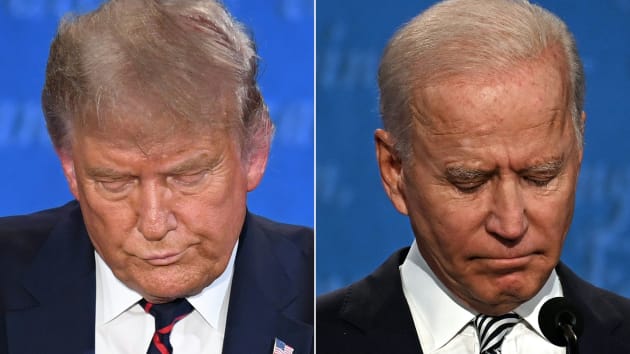
Word of the Day: Garboil
Today’s word of the day, thanks to the Oxford English Dictionary, is garboil. I should warn you up front that www.dictionary.com labels the word, which is a noun meaning “confusion,” archaic. The means, more or less, that nobody uses the word anymore. I think that, if we all put our minds to it, we can make the folks at dictionary.com into liars. All we have to do is to start bringing the word back into usage.
The OED says that the word comes from Old French garbouil or garbouille, which is the equivalent of the Spanish garbullo and the Italian garbuglio. If you try to translate any of those words into English using Google Translate, the only one which will work is the Italian, and the translation is “tangle.” The OED also labels the word a substantive, which means it’s an adjective used without a noun to modify, as when we quote Jesus: “The poor you have with you always.” In that sentence, poor is an adjective, but the noun (“people”) doesn’t appear. The OED also says that the free morpheme, boil, is from the word boil. On the other hand, the origin of the prefix gar– is disputed. The first recorded use of garboil in English comes from Nicholas Udall’s Paraphrases of Erasmus (1548): “When ye shal heare all the worlde to bee in a garboile of sedicions.”
The OED also gives garboil as a transitive verb, meaning “to confuse, agitate, disturb.” The earliest attested use of the word as a verb comes from 1555, though the OED thinks that that use was a mistake, that the author meant garble. The earliest clear use of garboil as a verb appears in a letter in 1572: “The occasion presently offeryd, of the Lowe Contreys so greatly garboyled” (Ellis, Original Letters).
Tuesday night 73 million people tuned into Fox News Channel to watch the first presidential debate of 2020. I didn’t watch it. I was in a classroom on campus watching, with some of my students, The Princess Bride for a class I’m teaching on fiction to film. But what I have heard and read about it is that it was embarrassing. The initial responses, late Tuesday night and early Wednesday morning (September 29 and 30, 2020), were negative toward both participants. Since then, the reactions have divided again into partisan responses: those who hate Trump focused on how awful Trump was, and those who support Trump focused on how awful Biden was.
I can’t really say who was more at fault because I have seen only clips. I am leaning toward believing those initial reactions, which suggested that both candidates were rude, childish, and evasive.
But apparently, no matter which side you’re on, it was a true garboil. And maybe the resurrection of that word is the one good thing that will come out of the first presidential debate of 2020.